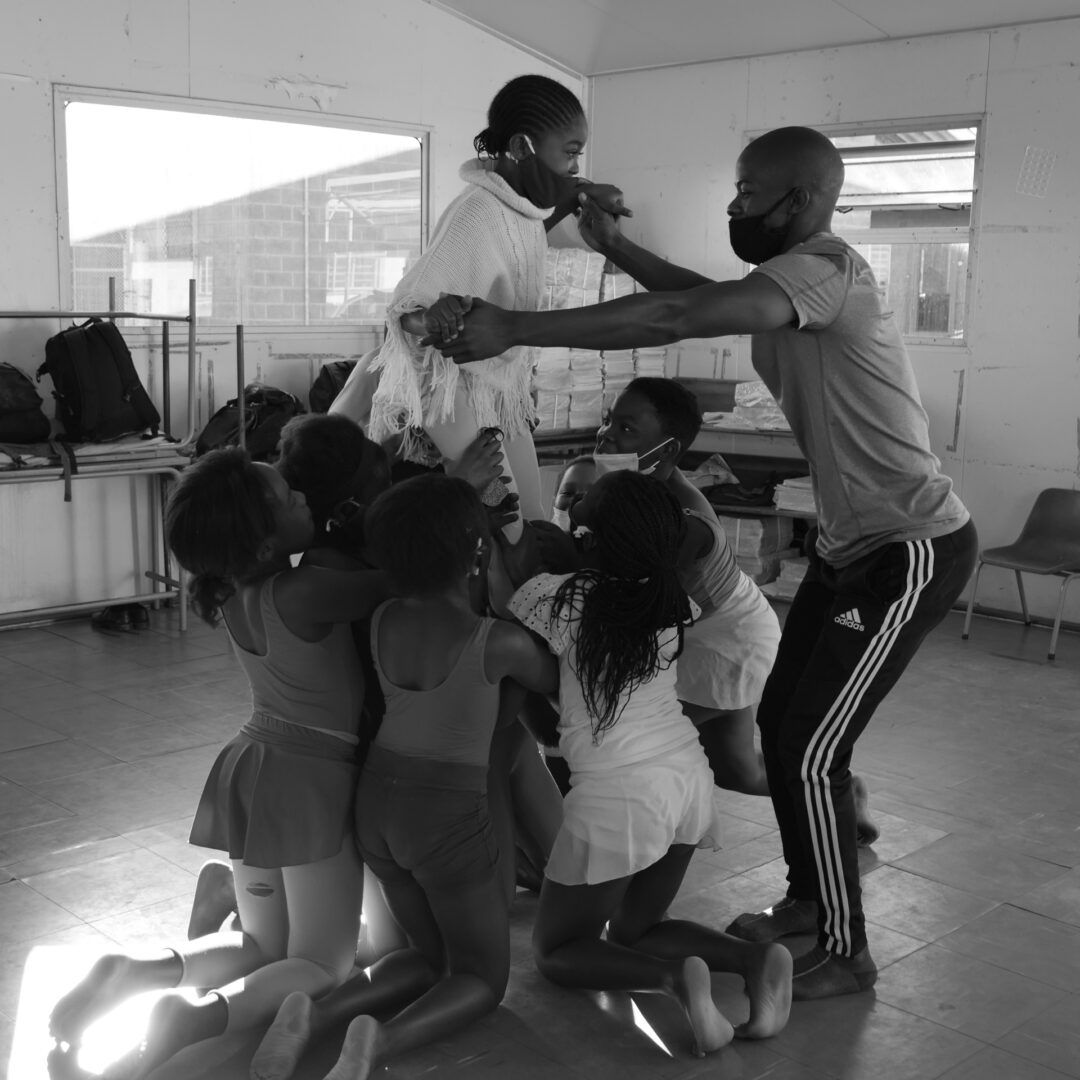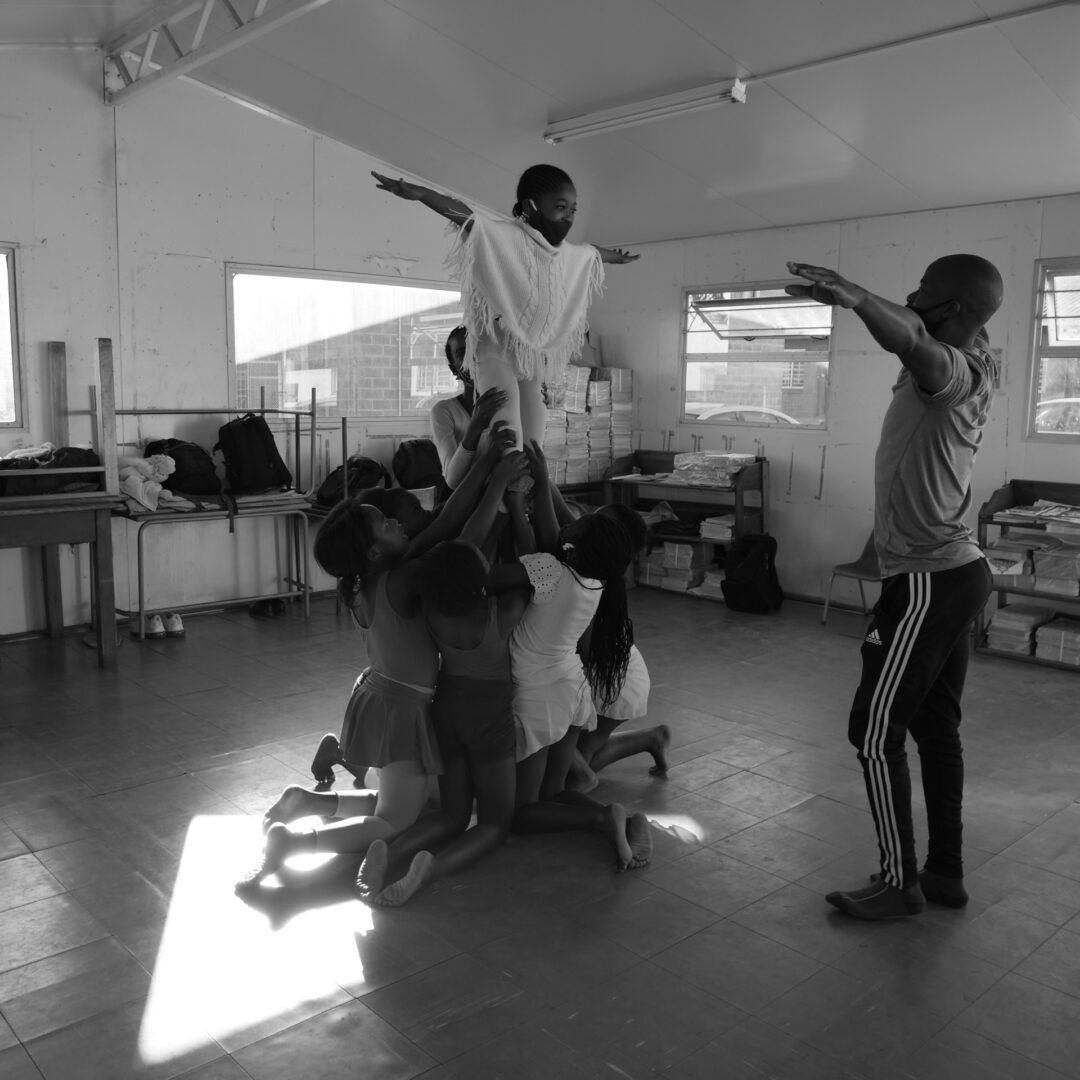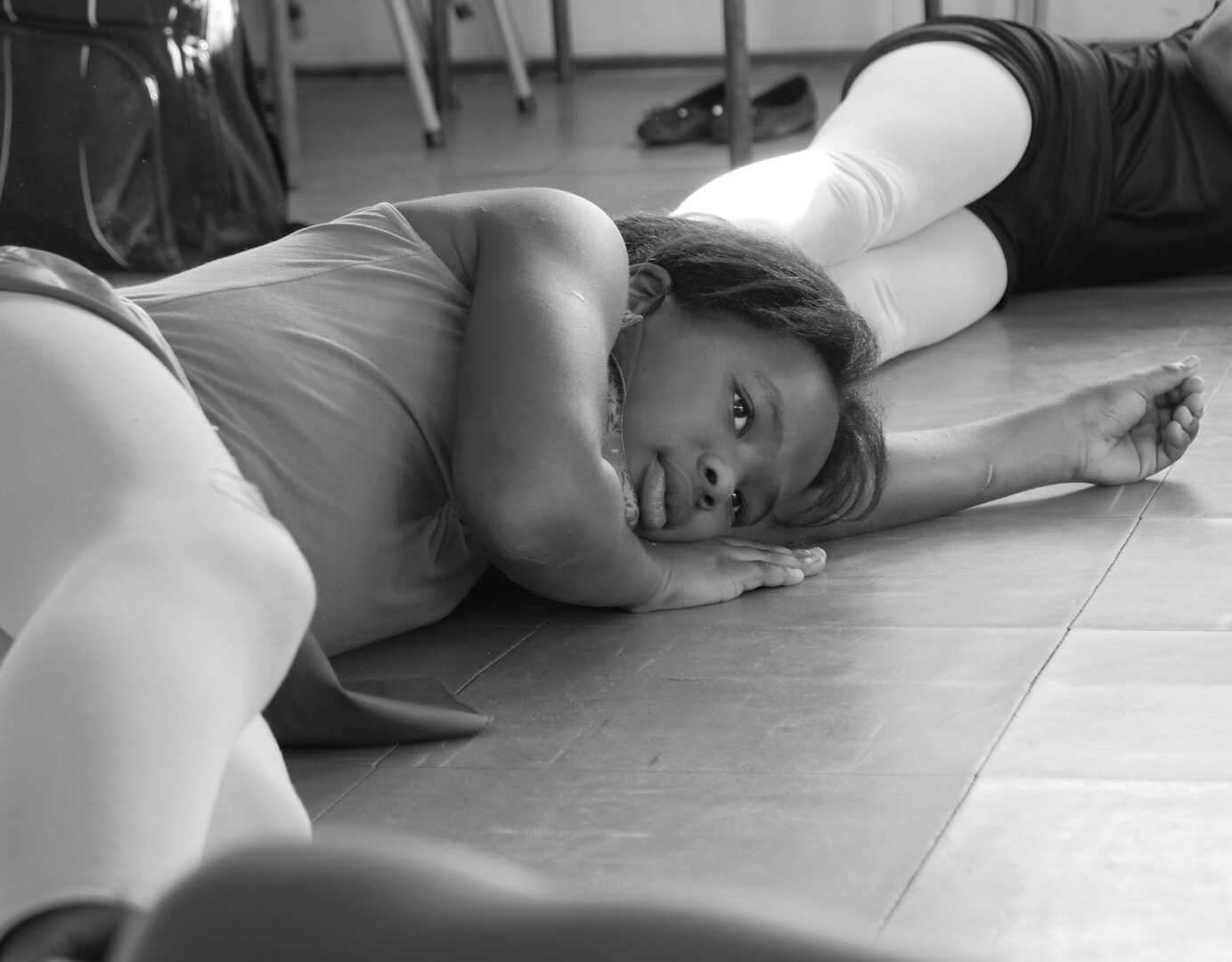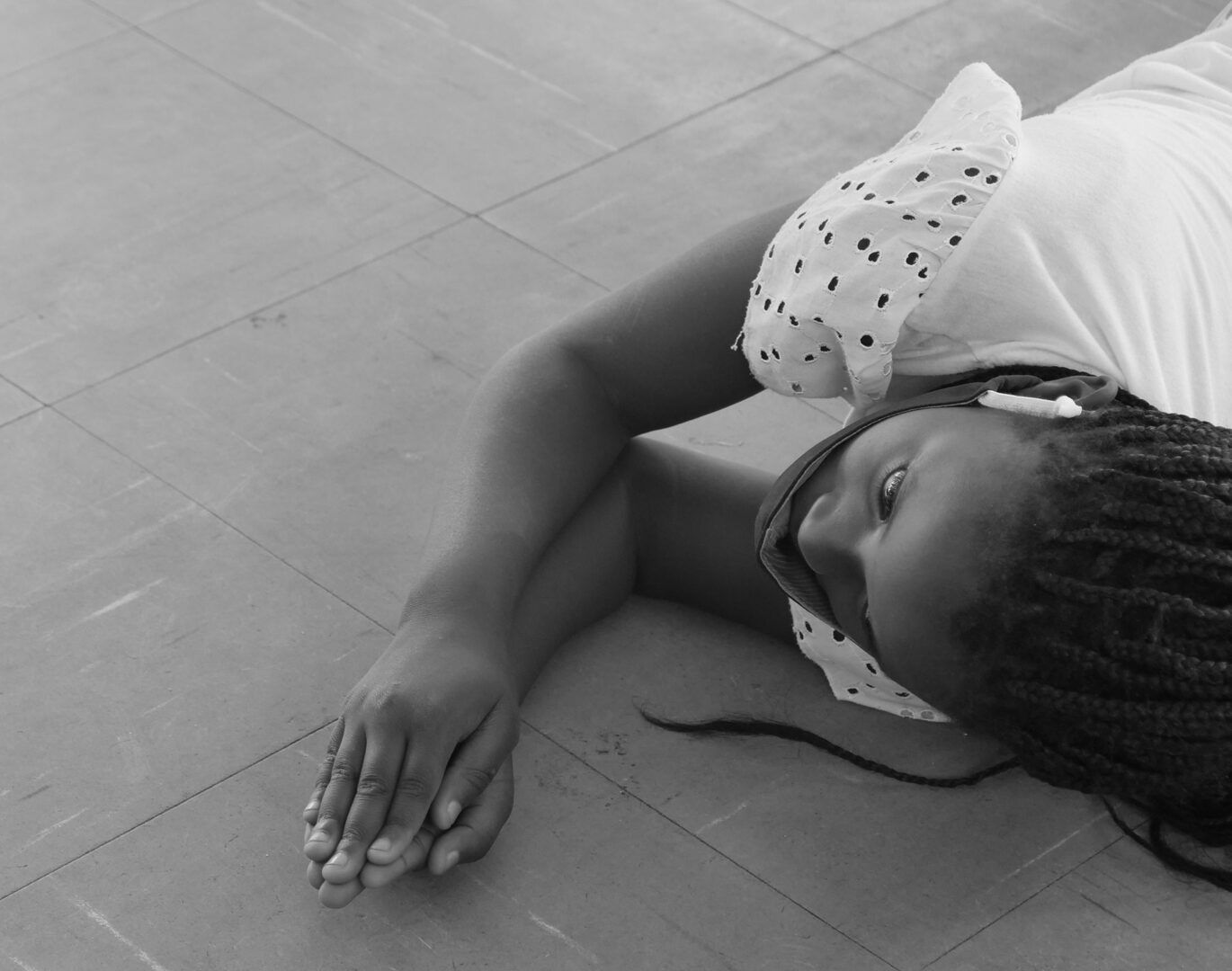MESULI NALE
Move For Two: Educating for Leadership Through Dance
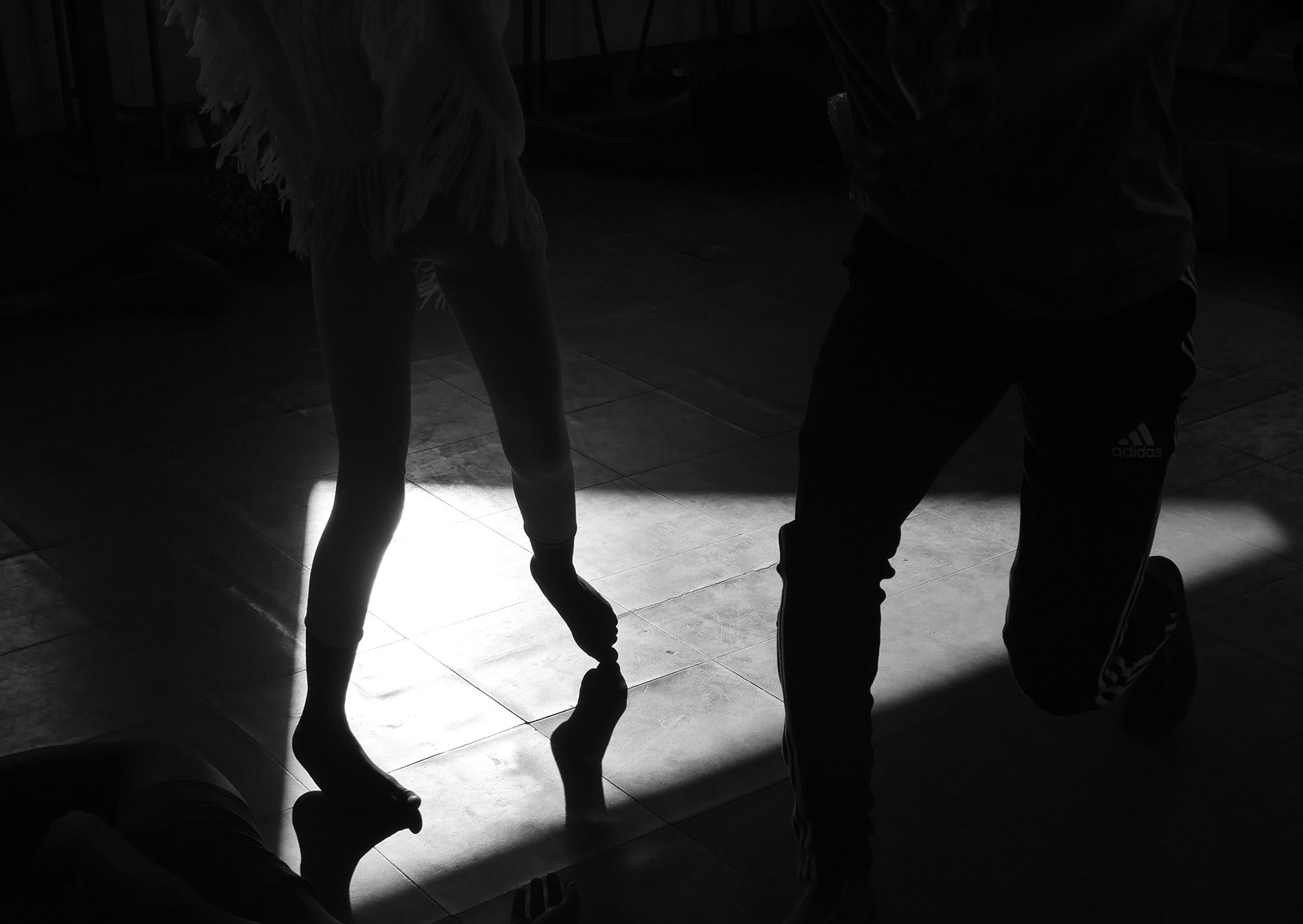
An Interview with Move For Two founders Nastasha Coetsee and Jessica Bester
What made you decide to start Move For Two? What was the initial impetus?
We both had a passion to make dance classes accessible to less privileged children long before we met each other. I suppose you could say that it was something that was on our hearts for years before Move For Two was born. It took us meeting each other through a dance class and realizing that we had similar dreams to actually give each other the bravery to make our dream a reality. After a few conversations about what it might look like, we both decided to take the leap of faith and give it a go. Within a few months we had both resigned from our jobs and were working on Move For Two full time. I suppose you could say that meeting each other and teaming up was the initial impetus to actually start.

Why did you choose Gugulethu?
I think Gugulethu chose us more than we chose it. Years before Move For Two had its first class we had been in contact with a dance program for school leavers in Gugulethu and had taught some guest classes for them. It sparked a relationship with the caretaker of the facility we used and so when we had to start looking for venues, we started there. Once we were in the area it was easier to start approaching schools and seeing where we could grow from there and it just naturally became about the Gugs community. We really do hope that we can grow into the surrounding areas and that Gugulethu will become one of many communities that we partner with.

How does dancing, and learning to dance, aid children in gaining life skills and confidence?
We wouldn’t say it’s dance itself as it is the platform that dance gives children that aids them in gaining life skills. Dance is so multi faceted – it’s a discipline of the mind and body. It requires vulnerability, bravery, creativity and grit. To allow yourself to dance and be trained means making yourself available not just physically but mentally and emotionally too. This really does challenge children on every level and we have found that this openness makes children especially receptive to lessons around life skills as there is a base of trust that is built between teacher and student. Of course, all of these factors challenge self confidence and the dance class is an easy platform for confidence to be nurtured and grown.
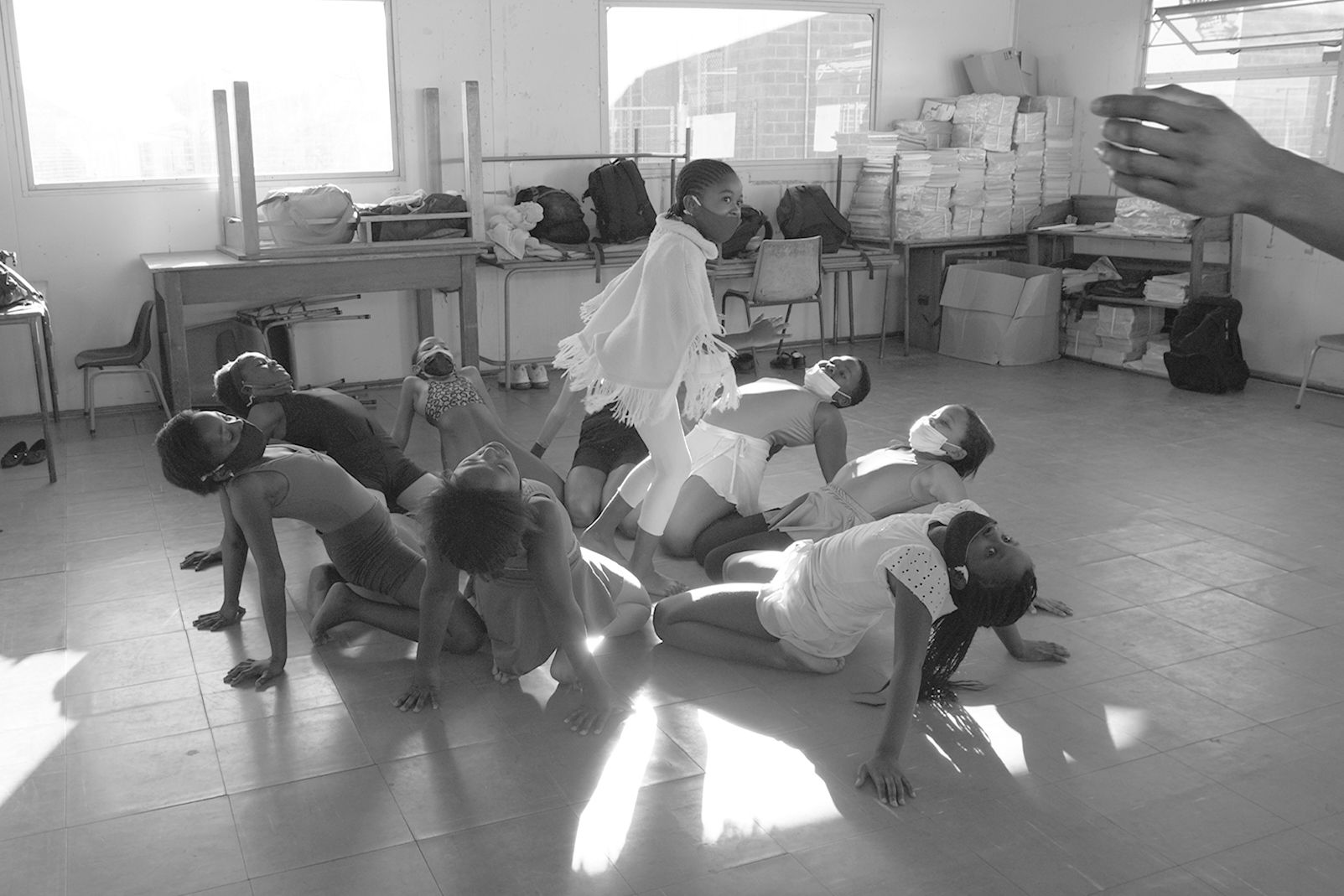
What do you imagine is the social impact of your programme?
We’d imagine that the social impact reaches far beyond the children that we teach. Each child represents a greater community made up of their friends, family and neighbours. As we teach our children life skills and encourage them to be leaders amongst their peers; our hope is that they can leave the dance class and in turn be able to serve and lead in their communities in ways that encourage others to follow.

Mesuli Nale filmed by Akhona Jolingana. Music by Johnny Dyani Quartet.


